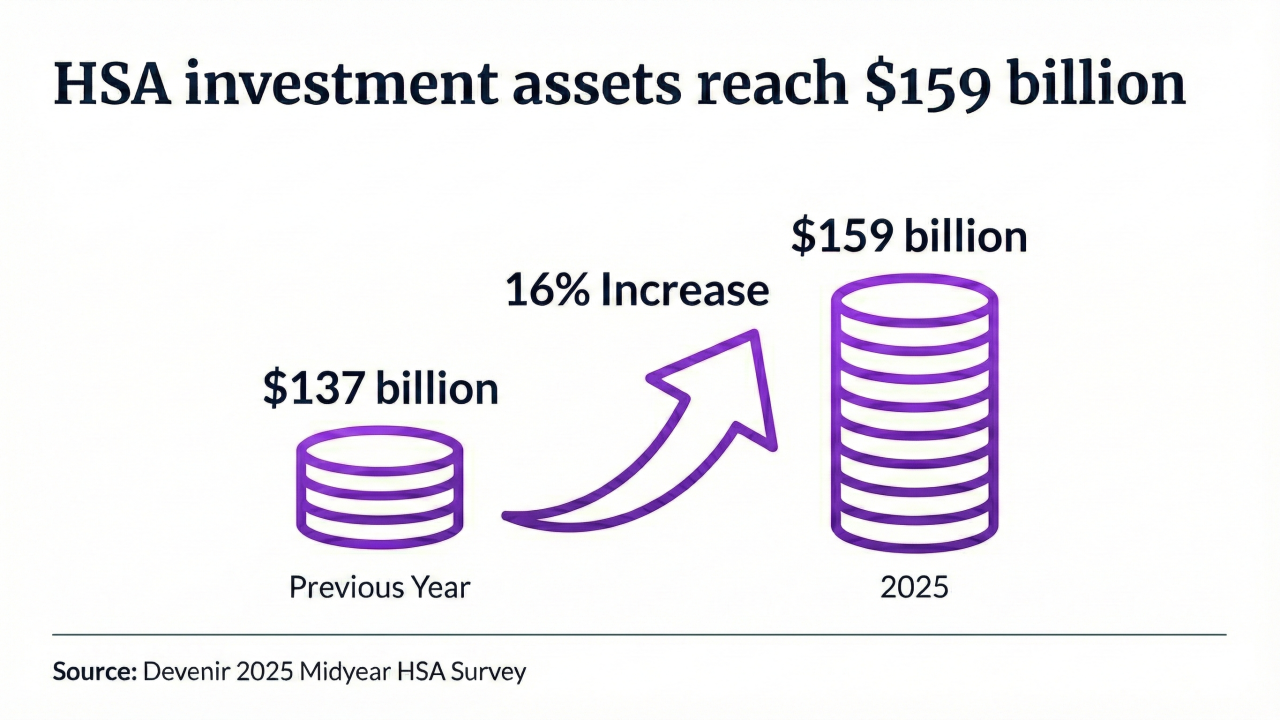Is work really working for your employees? It may be time to ask them.
Employees are finding their voice over concerns around workplace inequalities, burnout and a lack of career opportunities. Minimum wage workers are taking to social media platform TikTok to express frustration over unfair expectations from bosses, long hours and the strain on their mental health. TikTok user Jordan Howlett says employers need to listen to their workers and make changes that matter.
“Jobs should have a better system in regards to listening to their employees, be it unfair working conditions or managers who are abusing their power,” Howlett says. “We have the self-awareness to know we don’t like being treated this way.”
Read more: ‘Employers are either a winner or loser.’ How to come out on top of the great resignation
While TikTok allows employees to express themselves publicly, many employees — especially women — are too afraid to speak up, according to the latest Culture Report from Achievers Workforce Institute. Less than a quarter of women feel they belong in the workplace, but are 20% less likely to talk to a manager about what would make their experience better.
In order to support workers, open communication, transparency and opportunities for growth can help employees feel like you have their back. See how organizations are stepping up for their employees, and where they may be falling short, in this week’s top stories.






